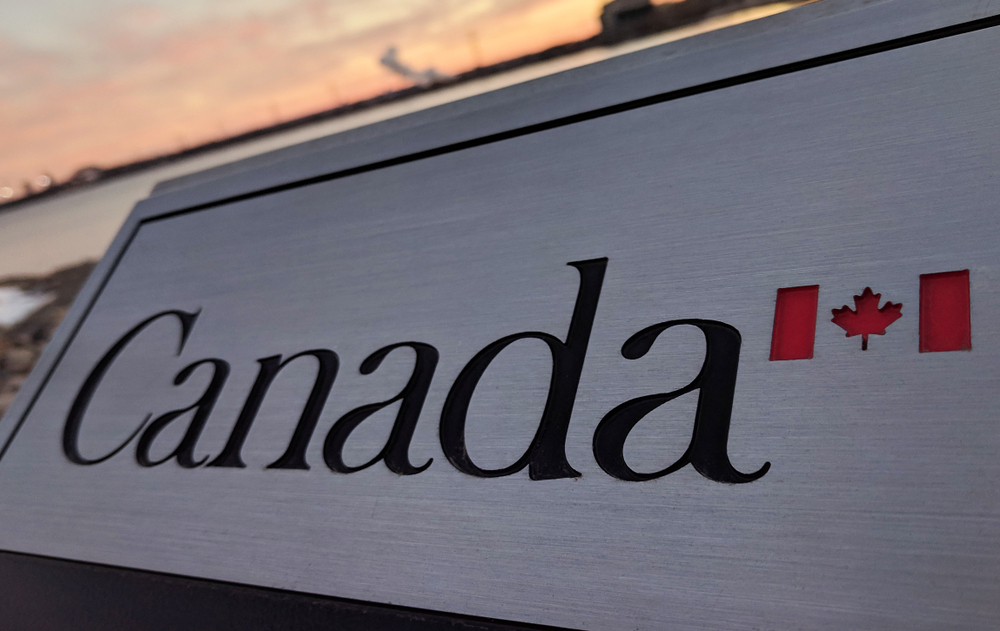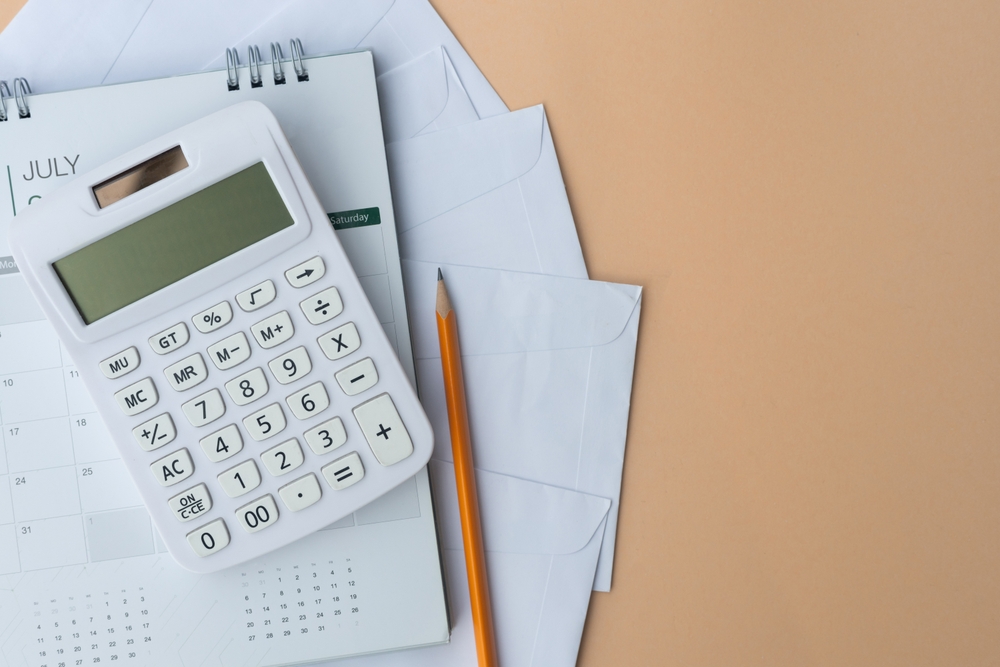While consumer proposals are often viewed positively by creditors, it’s not guaranteed that they will be accepted. If you’re looking into debt relief options, it can be helpful to understand why a consumer proposal might be rejected.
Whether you’re facing credit card debt, income tax debt, or other lines of credit, we can help. In this blog, we’ll explore why a consumer proposal might be rejected and how you can successfully find your way through this legal process.
Key Points
- Can a consumer proposal be rejected?
- How common is it for consumer proposals to be rejected?
- Why would a creditor reject a consumer proposal?
- How do creditors accept or reject a consumer proposal?
- How do you set your consumer proposal up for success?
- What happens during a consumer proposal?
- If your consumer proposal is rejected, what other option do you have?
- Regain financial control with Harris & Partners
Can a consumer proposal be rejected?
Yes, a consumer proposal can be rejected. This legal process involves making a binding agreement between you and your unsecured creditors—lenders who have given you money that isn’t tied to an asset you own. This arrangement usually involves paying back a portion of your debts over a period of time. Despite its benefits as an alternative to bankruptcy, not all proposals sail through without hurdles.
How common is it for consumer proposals to be rejected?
While it’s not that common for a consumer proposal to be rejected, it is a possibility. Over 97% of consumer proposals are accepted (V Mikhed & B Scholnick), especially when they are well-prepared and reasonable. Licensed insolvency trustees play a big role in ensuring your proposal is structured effectively to meet creditor expectations.
Why would a creditor reject a consumer proposal?
There are a number of reasons a creditor might reject a consumer proposal; here are a couple of the main ones:
1. Insufficient repayments
Creditors are looking to recover as much of the owed amount as possible. Proposals suggesting monthly payments that they think are too low compared to your financial situation might not cut it.
2. Debtor conduct
Your financial behavior leading up to the proposal can also impact its acceptance. Rash spending, unnecessary expenses, or preferential payments to certain creditors – cherry-picking who you want to pay back first – can raise red flags.
How do creditors accept or reject a consumer proposal?
The acceptance process for a consumer proposal is quite straightforward. Creditors have a set period of time—usually 45 days—to respond to your proposal. They can accept, reject, or not respond, which is considered an acceptance. A meeting of creditors is called if there’s significant opposition, requiring more than 25% of creditors by debt amount to push for it. At the meeting, your LIT will continue to negotiate on your behalf.
How do you set your consumer proposal up for success?
There are a number of ways you can prepare for a successful consumer proposal:
Communicate with your licensed insolvency trustee
Your trustee is your teammate. Keeping open lines of communication ensures you’re both on the same page regarding your proposal terms and payment plans.
Prepare for any outcome
Understanding all possible outcomes, including rejection, prepares you mentally and financially to adjust your strategy if needed.
Be willing to offer your creditors more money
If initial proposal payments don’t meet creditor expectations, being open to negotiation and possibly increasing your offer can make a difference.
Manage your new debt well
When your consumer proposal is accepted, the process isn’t over. This is a legally binding agreement, so you must stick to your payment terms.
What happens during a consumer proposal?
Unsure what to expect from your consumer proposal? Watch our short video below, which explains everything you need to know. If you have any questions, give us a call—we’re always here to help.
If your consumer proposal is rejected, what other options do you have?
Rejection isn’t the end. You can consider debt consolidation, credit counselling, or even a debt management plan as alternatives. In some cases, re-filing the proposal or, as a last resort, filing for bankruptcy might be necessary. Financial counselling sessions can also offer insights into managing your debt load more effectively.
Regain financial control with Harris & Partners
If your consumer proposal is rejected, it’s not the end of the road. You can consider the following alternative debt relief solutions:
In some cases, re-filing the proposal or, as a last resort, filing for bankruptcy might be necessary. Financial counseling sessions can also offer insights into managing your debt load more effectively.










